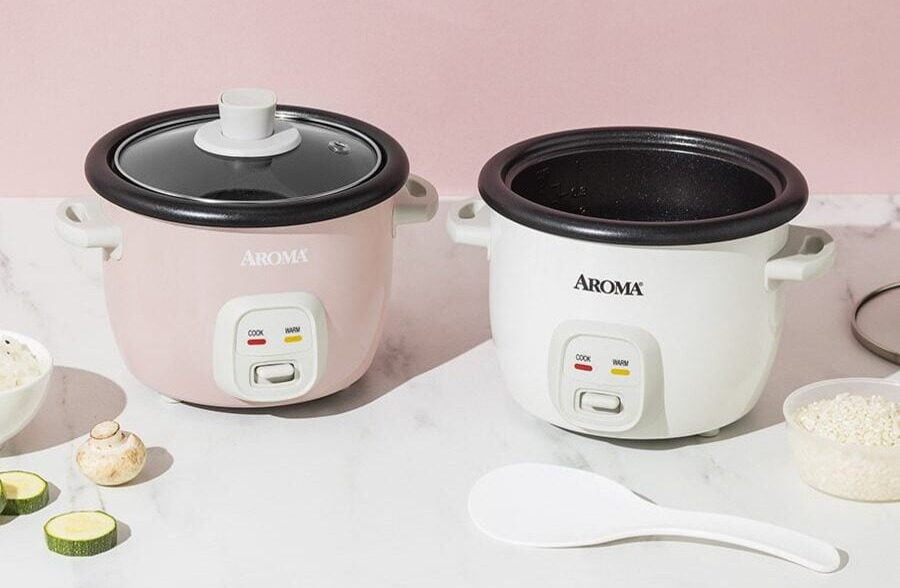Are you tired of dealing with a constantly freezing ice maker in your Frigidaire refrigerator? If so, you’re not alone. Many Frigidaire owners have experienced the frustration of an ice maker that constantly freezes up, causing a myriad of issues. But fear not, as we’re here to help you understand what causes your ice maker to freeze up and how to fix it.

What Leads to Freezing Problems in Your Frigidaire Ice Maker?
Before delving into solutions, it’s important to understand what might be causing your ice-maker to freeze up in the first place. There are a few common culprits:
1. Faulty Temperature Setting
An incorrect temperature setting in your freezer can lead to excessive ice buildup. Make sure your freezer is set to the recommended temperature level, usually around 0°F (-18°C).
2. Water Inlet Valve Issues
A malfunctioning water inlet valve can cause an excessive flow of water into the ice maker, leading to freezing problems. Check for leaks and replace the valve if needed.
3. Improper Water Fill Time
If your ice maker is overfilling with water during its cycle, it can result in ice blockages. Adjusting the fill time may resolve this issue.
4. Clogged Water Filter
A clogged water filter can impede water flow, leading to ice maker problems. Frequently change the water filter following the manufacturer’s guidelines.
5. Faulty Defrost System
If the defrost system in your freezer is not working correctly, then ice can accumulate, including in the ice maker. A malfunctioning defrost system should be repaired or replaced.
6. Air Leaks
Inadequate sealing of freezer doors or damaged gaskets can permit warm air to infiltrate the freezer, resulting in ice accumulation. Ensure that your freezer doors are sealing properly.
Addressing Freezing Issues in Your Frigidaire Ice Maker
Now, let’s explore solutions to prevent your ice maker from encountering freezing problems:
1. Adjust Temperature Settings
Set the freezer temperature to the recommended level (around 0°F or -18°C). This will ensure that the ice maker operates efficiently.
2. Inspect the Water Inlet Valve
Examine the water inlet valve for any leaks or issues. If after all, you observe any issues, it’s advisable to replace the valve.
3. Check the Water Fill Time
Adjust the water fill time if the ice maker is overfilling. Consult your refrigerator’s manual for instructions on how to perform this task.
4. Replace the Water Filter
To ensure proper water flow, replace the water filter at regular intervals following the manufacturer’s instructions.
5. Test the Defrost System
Ensure that your freezer’s defrost system is working correctly. If it’s not functioning properly, then consider having it repaired or replaced by a qualified technician.
6. Seal Air Leaks
Inspect and replace damaged gaskets and ensure that the freezer doors are sealing properly. This will aid in preventing warm air from entering the freezer.
Conclusion
A consistently freezing Frigidaire ice maker can be quite troublesome, but by grasping the possible causes and adhering to the steps for resolving the problem, you can ensure uninterrupted access to ice. Start by checking the temperature settings, then inspecting the water inlet valve, and addressing any other issues that may be causing excessive ice buildup. By performing routine maintenance and engaging in troubleshooting, after all, you can maintain the smooth operation of your ice maker and prevent ice-related issues.
FAQs
Why is my Ice Maker producing Clumps of ice?
Clumps of ice can form due to excess moisture in the ice bin. Make sure the ice bin is dry, and consider using the ice more frequently to prevent clumping.
Can I manually Defrost my Ice Maker?
Yes, after all, you can manually defrost your ice maker by turning it off, emptying the ice bin, and allowing it to thaw. Nevertheless, it’s crucial to identify and address the underlying cause of the freezing issue to prevent its recurrence.
What is the recommended Frequency for water filter Replacement?
Water filter replacement frequency varies based on your refrigerator’s model. Typically, it’s advisable to replace the filter every six months.

